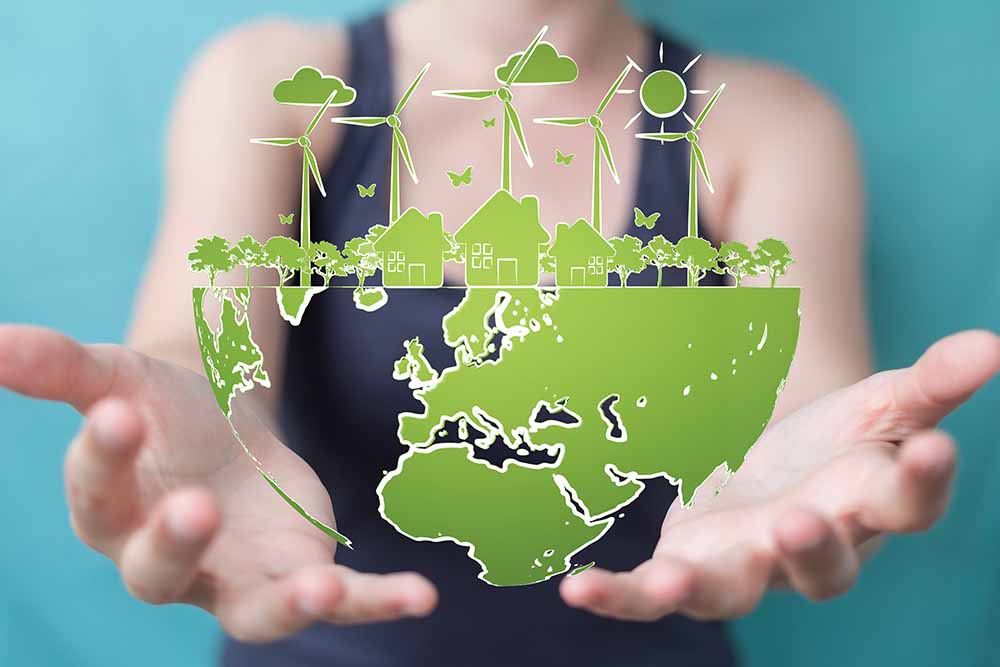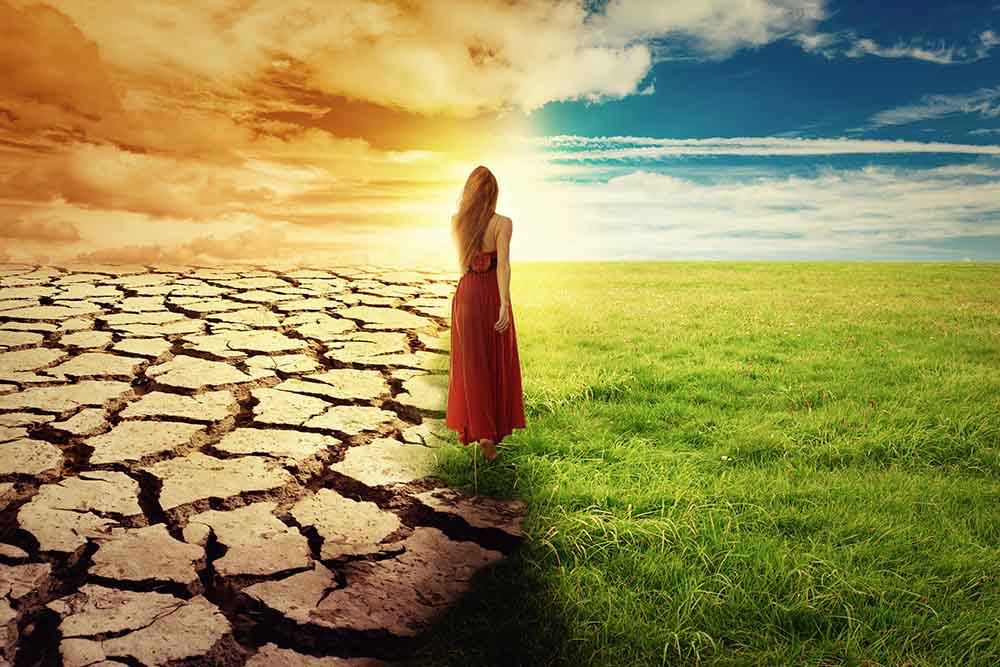Although climate change impacts everyone, the effects aren’t equally or even equitably distributed. Vulnerabilities are heightened by inequities and marginalisation related to gender, ethnicity, income, and other social and economic factors. Addressing these issues could potentially make climate solutions more effective.
The consequences of climate change differ for men and women. It is estimated that 80 per cent of those displaced by climate change are women and girls. Severe disasters also disrupt vital services, such as sexual and reproductive health care, further exacerbating the adverse effects on women and girls.

As data increasingly highlights their clear correlation, it is crucial to discuss the unequal impacts of climate change and the connection between women's empowerment and effective global climate action.
Let’s examine how climate change affects women and girls, the importance of gender equality in climate action, and how you can support women-led solutions. Recognising the critical role that women play in combating climate change is essential.

Here are five compelling reasons why women are essential for climate action:
1. Climate Action Needs Full Participation
Women and girls constitute half the global population, but are often excluded from climate change discussions.
Empowering and including women and girls in climate action, from negotiations and boardrooms to on-the-ground efforts in forests and fields is essential, particularly in areas that are hardest hit by climate change. Indigenous women, who have long been pioneers and leaders in environmental conservation, possess invaluable knowledge that can enhance resilience and reduce greenhouse gas emissions. By involving more women in climate action, we can create a more sustainable and equitable future for all.
2. For Better Climate Solutions
In developing countries, women make up nearly half of the agricultural labour force. When given equal access to resources, women can increase their agricultural yields by 20 to 30 per cent, boosting total agricultural output by 2.5 to 4 percent and potentially reducing world hunger by 12 to 17 percent. Empowering women in agriculture promotes sustainable farming and conservation practices, which are crucial for climate adaptation.

3. Women Enhance Community Climate Resilience
Involving women in climate resilience efforts is critical for community success. The UN reports that communities are more effective in resilience and capacity-building strategies when women participate in the planning process. Women often serve as first responders during natural disasters, leading disaster risk-reduction initiatives and contributing to post-recovery efforts by addressing early recovery needs and strengthening community rebuilding.
4. Climate Change Impacts Women Disproportionately
The most vulnerable populations to climate change are often women. They face higher risks and greater burdens due to existing inequalities. Women are typically responsible for household energy, food, water, and caregiving, especially in developing countries. Climate change can exacerbate these burdens, forcing women and girls to travel further for daily supplies, reducing time for paid work, and increasing personal safety risks. Investing in gender equality and women's empowerment yields broad benefits, including environmental conservation, poverty reduction, and progress toward the Sustainable Development Goals (SDGs).
5. Countries Acknowledge The Role Of Gender Diversity In Climate Planning
The need for the empowerment of women and girls in climate action is gaining recognition. Many countries are integrating gender considerations into their national climate action plans (Nationally Determined Contributions) and National Adaptation Plans. The Gender Action Plan under the UN Framework Convention on Climate Change (UNFCCC) calls for women's full, equal, and meaningful participation in the international climate process, ensuring they play a prominent role in decision-making and climate action. Since 2012, efforts toward gender balance in national delegations and climate policy have been reported annually by the UN Climate Change Secretariat.
